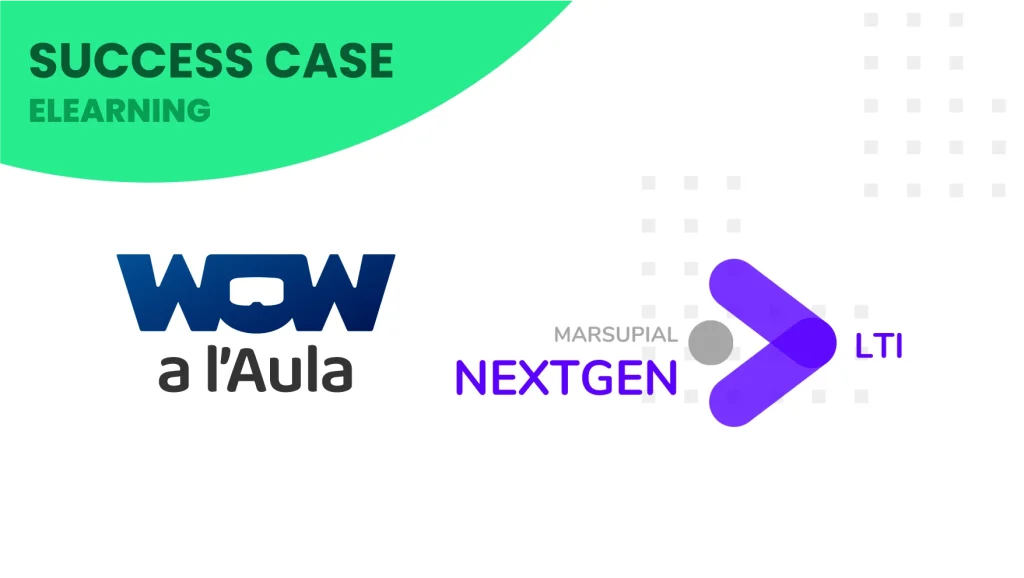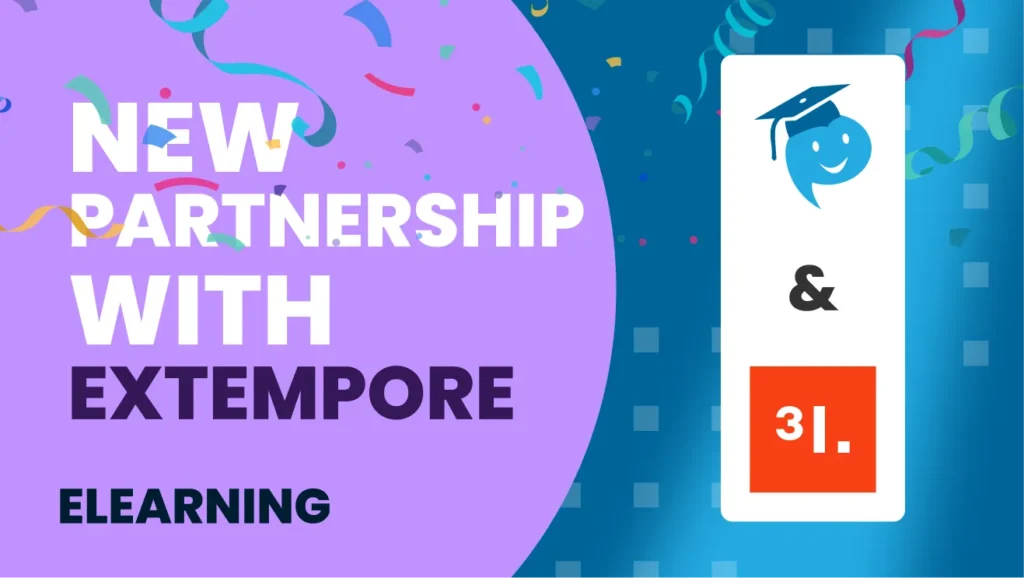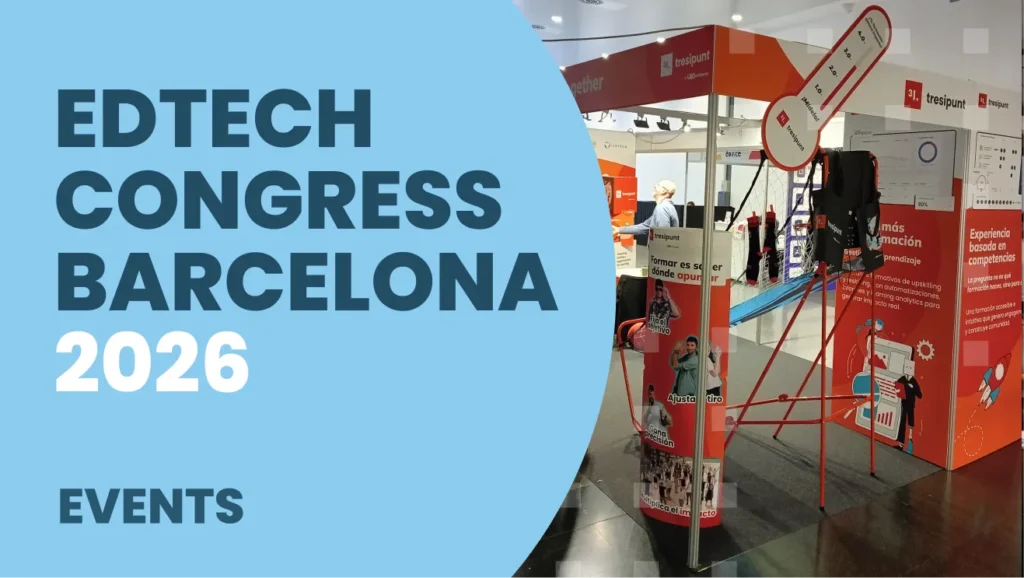In the dynamic world of educational technology, projects that encourage innovation and the integration of new technologies are crucial to improving the quality of education. In this context, projects carried out under the Research and Collaborative Challenges (IRC) and Innovative Business Clusters (IBA) programmes play a key role.
Today, we are highlighting two flagship initiatives that reflect this mission: “Wow in the Classroom and Marsupial NextGen. Both projects aim to transform the use of disruptive technologies in the education sector and strengthen the competitiveness of EdTech startups, facilitating a more modern and accessible education.
Marsupial NextGen
“Marsupial NextGen is a significant evolution of the Marsupial tool that aims to transform the integration of editorial content in the EdTech space. Since its widespread adoption in 2010, the Marsupial system has seen few improvements and is only available in Spain and South America, supported by platforms such as Moodle and Blinklearning.
Marsupial NextGen uses LTI 1.3, the protocol defined by 1EdTech (formerly IMS Global) that is becoming the global standard in all Learning Management Systems (LMS). This development enables more efficient and secure integration of EdTech content through an international, standardised protocol.
You may be interested in: What is LTI?
At 3ipunt, we were involved in the definition of use cases and prototypes, as well as the implementation of several developments to implement this integration based on LTI 1.3, such as licence and content management, or integration with Microsoft Teams. We have also been involved in the integration of licence management with blockchain technology, adding an additional layer of security.

The main objectives of the project are:
- Facilitate the use of EdTech content through a standardised, international protocol.
- Improve the competitiveness of EdTech companies by leading the global standardisation of educational protocols.
- Reducing the risks of GDPR non-compliance in the education sector.
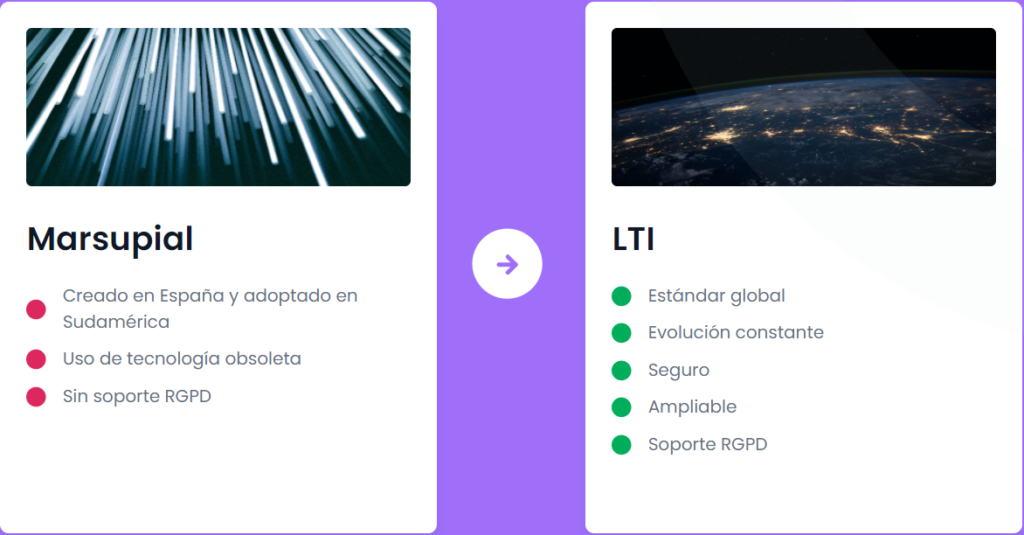
Marsupial NextGen is based on an LTI 1.3 integration that allows whole books, units and specific activities to be embedded in Moodle, including grade synchronisation and gradebook column management. In addition, the project has implemented the Entitlement Store, also based on LTI 1.3, for licence management, with an additional layer of security provided by blockchain technology.
Workflow
Since 2022, the Edutech Cluster has set up a working group, involving cluster members and in collaboration with sector agents and 1EdTech, to carry out the project, from defining use cases to development and piloting.
- Marsupial Converter: We have created a Marsupial to LTI converter to help publishers, educational institutions and applications adopt the new protocol.
- Licence Management: Define the extension of the LTI standard for licence management on a global level to align Marsupial’s functionality with LTI.
- LTI to Moodle: Marsupial LTI to Moodle content conversion plugin.
- Google Classroom: Definition of use cases and development of licence extension in LTI.
- Microsoft Teams: Definition of use cases and development of licence extension in LTI.
- Blockchain: Traceability, personalisation, authorised content and security.
User Research
User research type applied research to validate the technology of the project. User research is defined as the set of techniques we use to gather information to determine exactly what our users need.
In the case of this project, the users are primarily: students who consume digital content, their parents, the teachers who teach, and the administrators and managers of the processes involved.
Project partners
1EdTech members, publishers, experts in interoperability, blockchain, education centres, EVA and public administration have participated in this project.
Funding
3ipunt has been awarded grants by the Ministry of Industry, Trade and Tourism for two innovative and collaborative AEI (Innovative Business Groupings) projects, one of which is Marsupial NextGen, led by Edutech Cluster.
MARSUPIAL NEXTGEN: EDTECH STANDARDS WITH BLOCKCHAIN TECHNOLOGY, with our participation and that of Clúster Digital, Editorial Altamar, Ilike Education, Possible Lab, UOC, Wiris and Zertifier.

WoW in the Classroom
The project “Wow in the classroom. Development and certification of edtech standards with emerging technologies” was created to facilitate the innovative use of educational content with the use of disruptive technologies in the classrooms of educational centers in our country developed by edtech startups, thus increasing their national and international competitiveness.
Although market studies indicate that the value of emerging technologies in the education sector is growing worldwide, the main barrier to entry for these innovative technologies and content for teaching and learning today is the lack of integration with the most widely used international interoperability standards in the edtech sector, LTI (Learning Tools Interoperability).
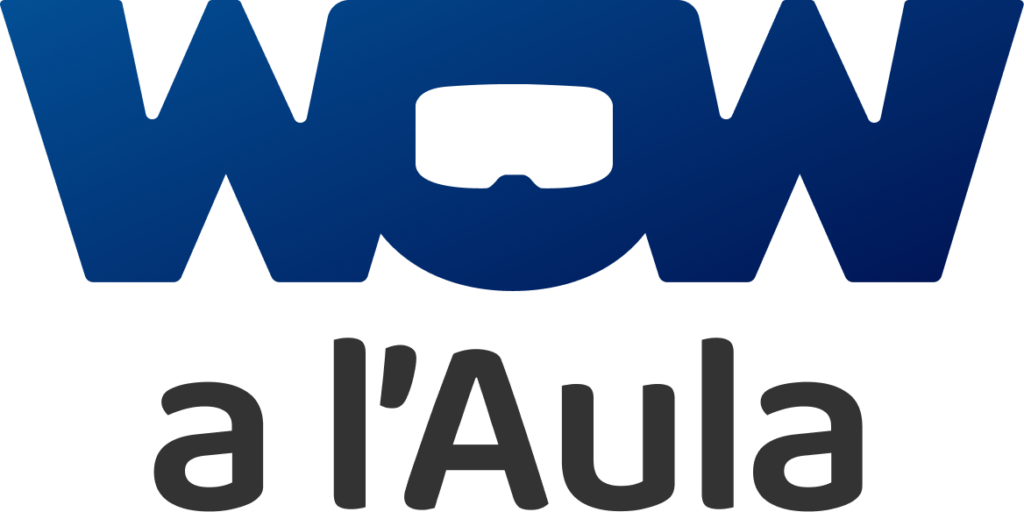
Aims
Therefore, the main objective of this project is the development and certification of EdTech standards with emerging technologies, which will be applied by startups from the cluster ecosystem that develop innovative and impactful content with shared value using emerging technologies.
A consortium of 4 start-ups integrating different disruptive technologies has been formed to carry out the project:
- Immersium Studio (Augmented and virtual reality)
- Go Zero Waste (mobile apps)
- Mini Coders (video games), Adaptical (Artificial Intelligence)
- ILike Education (specialist in educational transformation with the use of emerging technologies)
- 3iPunt (educational software developers and LTI specialists and 1EdTech board members)
- Edutech Cluster
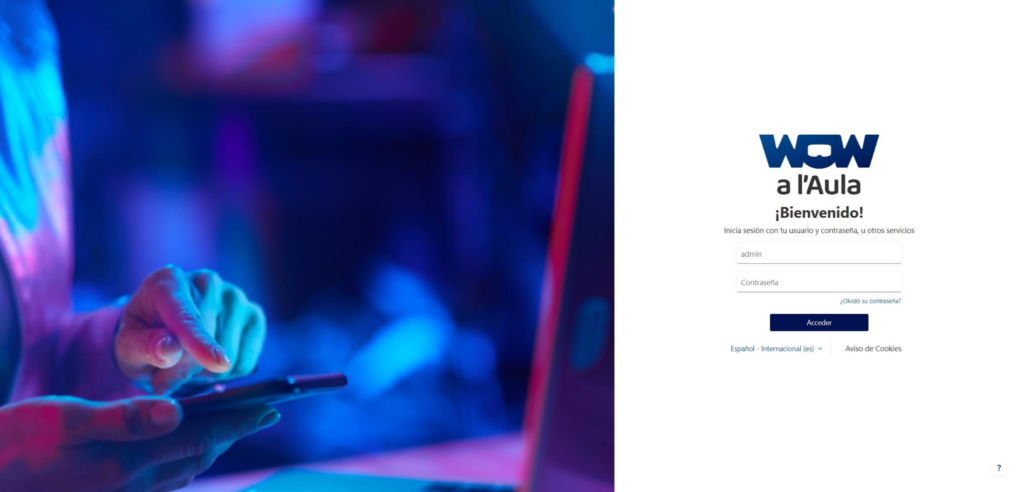
The integration will be done using the most internationally recognised and applied standard in the edtech sector, 1EdTech LTI (Learning Tools Interoperability). To work on certification and publication, the collaboration of the UOC (Universitat Oberta de Catalunya), an institution that is part of the cluster and a member of the 1EdTech board, will be integrated.

